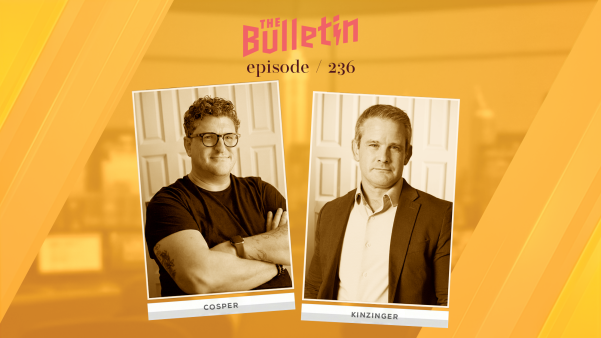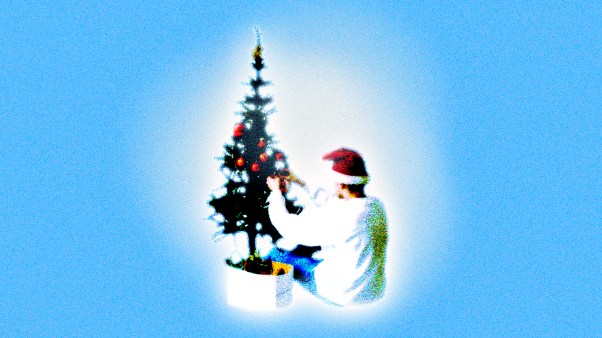I noticed the other day that the guy who wrote the song “Hokey-Pokey” recently passed away. Although saddened by his death, I was glad to be reminded of the song. It was the first song I learned in Sunday school, along with “Climb, Climb Up Sunshine Mountain.” I think that’s one of the problems the Sunday school movement is facing today: no hokey-pokey.
So I thought as a kind of memorial I’d offer an exegetical piece on it. Because much of what I know about theology, I learned from Hokey-Pokey.
“You put your right foot in.”
No surprise here. Some of the literal-minded among us used to wonder “in what?“; but most children of goodwill got the general idea.
“You take your right foot out.”
Why not? You put it in in the first place. You give, and then you take. Here we have an almost Johannine dualism that echoes the classic rhythms of life and death, love and hate, network and cable.
You share, then you withdraw. You are neither enmeshed nor engaged. No co-dependents allowed in this game. Here we learn about boundaries. It’s my foot, and if I say “in,” then “in” it is, but I can “out” at any time. (Some redaction critics see here the influence of the so-called “deutero-Hokey” or “Minirth-Meier” tradition.)
“You put your right foot in.”
Here’s the element of surprise. Nobody could have seen this one coming. The right foot was gone, and we had no reason to hope it should ever be back. But just when it seemed darkest, there’s the right foot—in again. It’s the motif of the Prodigal Foot—first at home (in ); then off to a distant country (out ); then it “comes to its senses and returns home” (in ). This time we know it’s home to stay.
And so we
“shake it all about.”
Of course. Who could hold it still?
The next phrase is shrouded in mystery.
“Do the Hokey-Pokey and turn yourself around.”
The difficulty here, of course, is the term and. For the only motion involved is “turning yourself around,” so what precisely does it mean to “do the Hokey-Pokey”?
Perhaps it is an internal thing. Maybe you do it in your heart. Some hokeyologists say this is supported by the fact that “turn,” in the original Greek, is epistrepho—the same word used for “conversion.” This may be why at the end of the song you must “put your whole self in”-climaxing a subtle movement through the whole piece toward a call for existential abandonment and commitment.
(Even the phrase “Hokey-Pokey” itself is a little obscure, when you stop to think about it. Is “hokey” to be taken as an adjective, telling us that “pokey” is a little on the tacky side, as opposed to some more glamorous pokey? We don’t know and probably never will.)
“That’s what it’s all about.”
There’s clarity for you. So many people wonder: “What’s it all about?” The Hokey-Pokey doesn’t shilly-shally on this one. It comes right out and tells you.
They don’t write them like that anymore.
John Ortberg is a teaching pastor at Willow Creek Community Church in South Barrington, Illinois.
1996 by Christianity Today/LEADERSHIP journal









